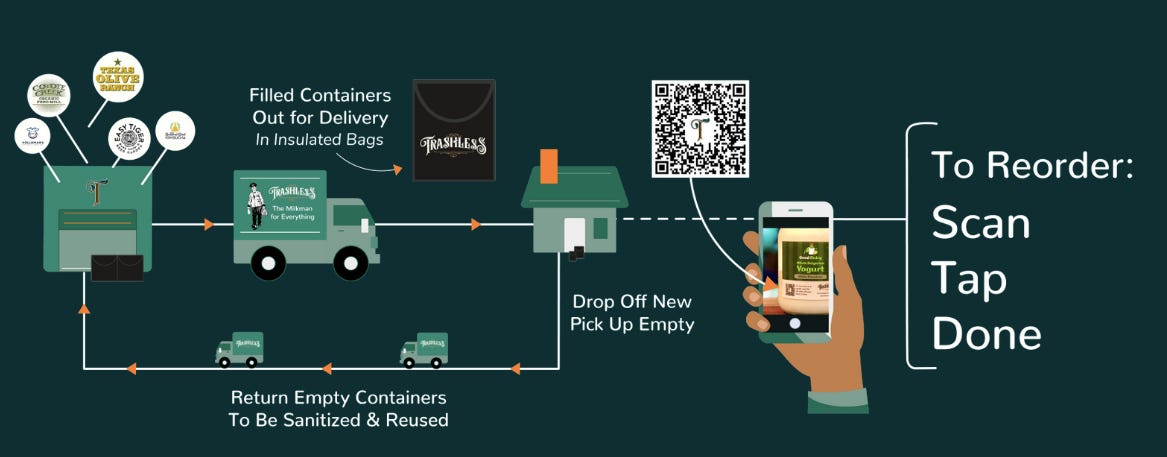Thanks to everyone who voted to change the name of the podcast to Not My Problem. It was a landslide victory.
Working on getting a new domain name, and logo and moving everything on Substack. I’ve recorded 5 episodes and would be doing 2 more today.
And I plan to start publishing them in mid-December.
If you listen to podcasts, which platform do you use?
Moving onto this week’s content. So today, we have-
👎 Summary of COP 27
Well, if you’re wondering what happened at COP 27 and whether it was worth flying 30+ private jets to Egypt, this image sums it up pretty well.

The rich nations came up with a loss and damage fund idea, which would help the countries impacted by climate change. In most cases, these are developing nations.
But there’s no legal clause that forces these rich nations to pay the amount. Also, the amount is undecided.
If you’d like to read more about it, here’s a great summary by The Guardian.
What are your thoughts on COP 27? I’ve been getting some really interesting views from my podcast guests around COP. Can’t wait to share them!
🫑 A local, sustainable & trashless way to get your groceries
It’s not easy…Most of us want to do the right thing- buy from local brands, buy from brands that are environmentally friendly and avoid single-use plastic. But we are stuck in a system where we have to give up convenience to reach that stage. And it doesn't help seeing others around us going on with their lives without caring much about these issues.
How about now?… US-based grocery startup Trashless aims to modernize sustainability and make it easier for customers to switch to a lifestyle that’s better for the planet. They are replacing single-use packaging for grocery items with multi-use glass and metal containers. All this while making sure that the products are affordable and locally produced and the processes are convenient for the customers. Here’s how they do it-
They operate in Austin and work with local producers- promote the local economy and reduce the distance traveled by food.
They deliver smaller fresher quantities to the customer - reduce wastage and keep the produce fresh.
Customers don’t need to put in any deposits and the delivery is fast and free(or minimal)- convenient.
Not only this…No plastic in packaging means less amount of plastic ends up in the landfill or oceans, and also the harmful chemicals in the plastic are prevented from entering our food. Through its Community Support Program, Trashless is also committed to supporting people facing hardships like unemployment, disability, or illness. The program allows families in need to receive groceries at little to no cost.
🚚 Shortening the food supply chain
Convoluted journey…Being a tropical country, India is one of the world’s dominant food producers. But the fresh produce passes several hands(wholesalers, aggregators, retailers) before it reaches the final customer. The food loses its freshness during the journey, leading to higher food wastage along with high food miles. As it’s hard to trace the source of the produce, it’s difficult to measure the chemicals that have gone into its production.
Remember Farmville?… Bengaluru-based Farmizen connects urbanites to farmers. Through an app, urbanites can rent a mini farm and grow chemical-free vegetables. The customers choose the vegetables on the app and the farmer grows them.
Customers rent out a mini-farm with 12 raised beds around the city. On the app, they choose the crops to be grown on each bed.
Farmers take care of all the crops chosen by the customer using natural farming methods (no chemicals).
Farmizen takes care of the distribution, marketing, inputs, and know-how.
Goodbye middlemen…The concept not only helps urban buyers trace their food but also helps farmers get a regular higher income. Through crowdsourced audits and drones, Farmizen keeps a check against violations. Customers can visit their farms anytime and harvest their produce or get it delivered to their doorstep.
☀️ Which countries are using the most renewable energy?
I found the above graph really interesting as the countries where renewable energy is a large %age of total energy(countries in blue and purple) are in Africa.
Also, when I looked at the following graph, these are the countries where a lot of people still don’t have access to electricity(yes, that exists!)
So maybe they are transitioning directly from no electricity to renewable electricity. They might just skip the fossil-fueled backed energy era.
Did you interpret it the same way?
Want to share this stat with someone in your network?
👂What I’ve been listening to?
North America is a car-friendly continent. Everything has been built around cars. I’ve seen that firsthand in the last few years.
Although we don’t own a car, we end up renting one or taking a cab from time to time. Reason- convenience.
Public transportation is just frustrating(also because we are on the outskirts of the city- not suburbs though).
And I sometimes miss the time that I had spent in Europe where intra-city and inter-city public transportation was affordable and convenient.
The following podcast presents a comparison between North American and European cities when it comes to car culture. Do listen to it if you’ve stayed in or visited one of these continents.
I posted this in the last edition as well but wanted to share it again :)
If you’ve already listened to it, the following one is a great add-on to it-
Do you listen to podcasts around climate change? If so, what are some of your favorite ones?
Thanks for reading today’s edition. If you have any thoughts or questions, feel free to write to me by replying to this email.
Have a great weekend😊












